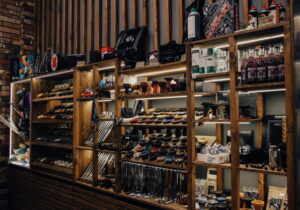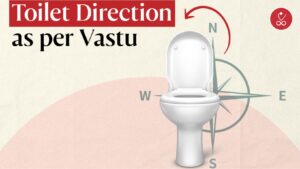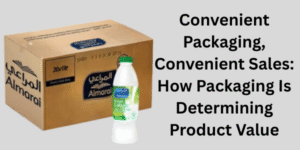Whether you’re buying a new venture or selling your current one, partnering with professional business brokers in Australia is one of the smartest moves you can make. These experts can guide you through legal paperwork, valuations, and negotiations. Here’s a step-by-step guide to help you find the right one.
Step 1: Define Your Goals
Are you looking to buy or sell a business? The clearer you are on your goals, the easier it is to find business brokers in Australia who specialize in that area. Some brokers focus solely on sales, while others assist with acquisitions or mergers.
Step 2: Use Reputable Online Portals
Websites like BusinessBuyInvest, CommercialRealEstate, and BusinessSales.com.au offer listings of licensed brokers across Australia. These platforms often let you filter brokers by state, industry, and client ratings.
Step 3: Verify Credentials
Before trusting someone with a transaction worth thousands—or even millions—of dollars, verify their credentials. Check if they are licensed in your state and whether they belong to the Australian Institute of Business Brokers (AIBB). AIBB-certified business brokers in Australia follow strict codes of ethics and conduct.
Step 4: Read Testimonials and Case Studies
Client testimonials can offer great insight into a broker’s professionalism and reliability. Look for brokers with successful case studies and repeat clients. A trustworthy broker will have a track record of closing deals efficiently and ethically.
Step 5: Set Up Introductory Meetings
Reach out to shortlisted brokers and request a consultation. This is your chance to ask critical questions like:
-
What is your process from listing to closing?
-
How do you determine the value of a business?
-
Can you provide references?
Meeting a few business brokers in Australia helps you understand how each one operates and who you feel comfortable working with.
Step 6: Ask About Their Network
An experienced broker brings more than just knowledge—they bring connections. Ask how extensive their buyer/seller network is. Brokers with wide networks often close deals faster because they can match businesses with interested parties quickly.
Step 7: Understand the Timeline and Fees
Find out how long the process is likely to take and what fees are involved. Avoid brokers who make unrealistic promises or aren’t transparent about their costs. Typically, business brokers in Australia charge a percentage of the sale price and may include additional fees for listing or advertising.
Step 8: Trust Your Instincts
Finally, trust your gut. This person will be handling sensitive financial and business information, so it’s essential that you feel confident in their honesty and skills. If something feels off, keep searching.
Conclusion
Finding the right business brokers in Australia doesn’t have to be overwhelming. By following a structured approach and doing your homework, you can find a broker who will act in your best interest and lead you toward a successful business transaction.




